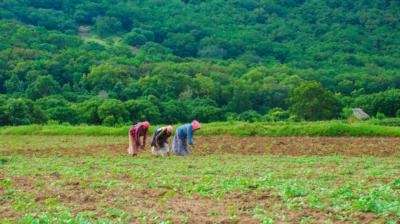Will International Trade Reduce Poverty? A Background Note to NORAD
How to cite this publication:
Arne Wiig, Line Tøndel, Espen Villanger with the contribution from Ottar Mæstad (2007). Will International Trade Reduce Poverty? A Background Note to NORAD. Bergen: Chr. Michelsen Institute (CMI Report R 2007: 16)
NORAD is currently developing a trade strategy towards developing countries. This background note presents a review of the current literature and empirical findings on the relationship between trade, growth and poverty reduction. There is also a review of the Aid for Trade debate.
Opening up an economy to international trade increases the income of that country. Whether trade liberalisation increases long-term economic growth and more open countries achieve higher growth than other countries is more disputed in the literature. The overall results seem to suggest that developing countries as a group will benefit from liberalisation but that those benefits will be uneven. Some countries will lose out. If poverty reduction is the main goal, trade policy cannot be a main vehicle for improving the situation of the poor.
Specific requirements for success in making trade and growth a tool for poverty reduction must be tailored to each country. Just as there are no blueprints for development, there are no blueprints for trade promotion and export-based growth.
Finally, market access is a core precondition for increasing exports from developing countries. Hence, Aid for Trade and many of the other efforts proposed will not be beneficial to poor countries if rich countries continue to apply trade restrictions (as Norway does on agriculture).






